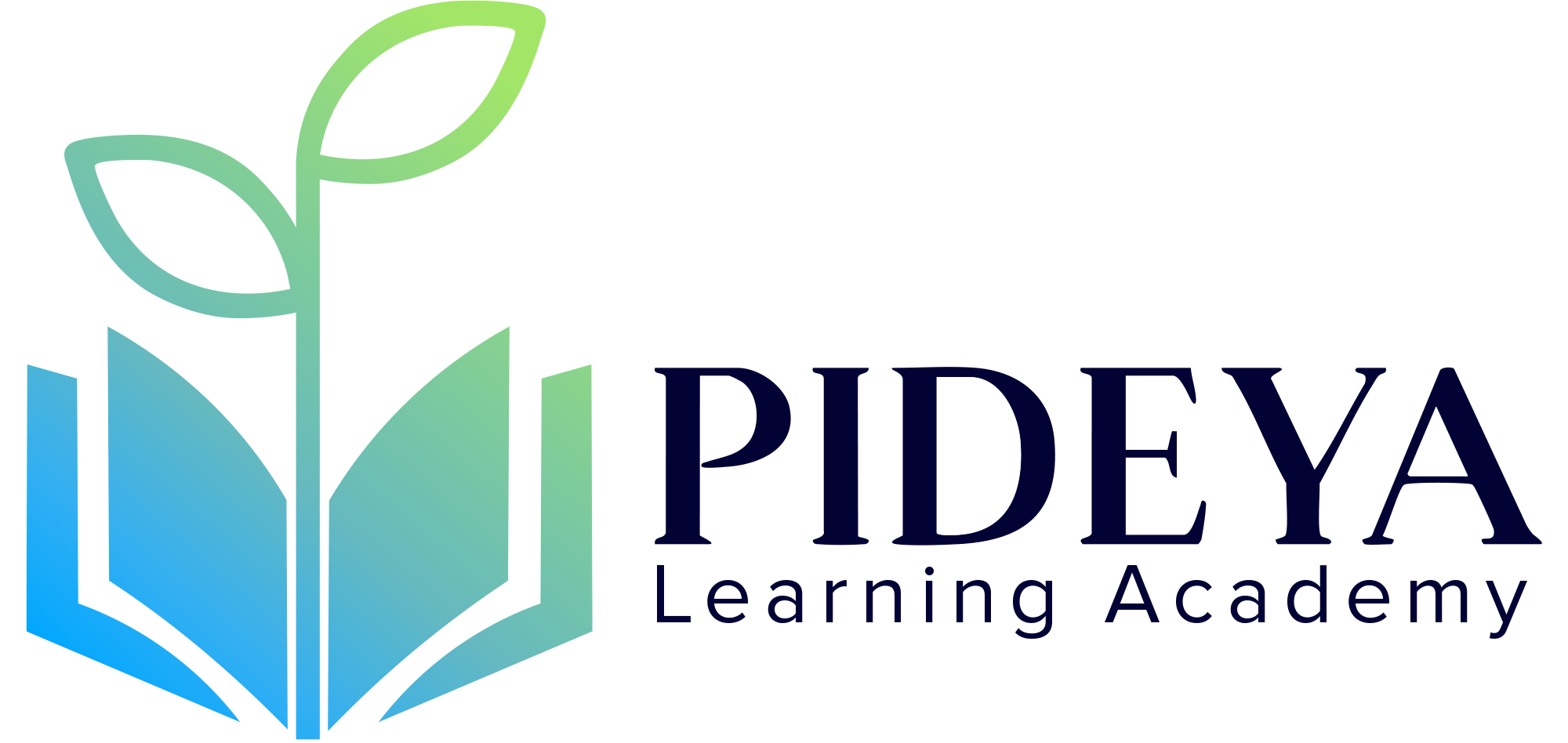The world of Human Resources is undergoing one of its most significant transformations in decades. As we move deeper into 2025, HR leaders are no longer just policy makers or talent administrators—they are strategic partners in shaping agile, equitable, and high-performing workplaces.
From AI-driven talent analytics to employee experience ecosystems, here are the top HR trends driving transformation in 2025, and how strategic HR training can help professionals stay ahead of the curve.
1. AI and Automation Are Redefining HR Operations
The integration of Artificial Intelligence (AI) into HR is one of the most disruptive and empowering changes. AI is now being used for:
- Candidate screening with predictive algorithms
- Personalized learning recommendations
- Real-time sentiment analysis of employee feedback
- Chatbots for onboarding and policy queries
According to Gartner, by the end of 2025, 60% of HR operations will be supported by AI-powered platforms, up from 35% in 2023.
If you’re looking to understand and implement AI effectively in your HR function, the HR Masterclass: AI Transformations in Human Resources offers practical frameworks and real-world case studies to guide this shift.
2. Skills-Based Hiring and Internal Mobility
Companies are moving away from degree-based hiring and focusing on skills-first strategies. This aligns talent acquisition with actual performance and opens up roles to a broader, more diverse workforce.
Training like Competency Framework Design and Implementation and Recruitment and Psychometric Assessment Strategies enables HR teams to define, measure, and match the right skills to business needs—internally and externally.
Organizations are also investing in career pathing and succession planning to retain top talent. Courses such as Career Growth and Succession Planning Strategies support this internal mobility by identifying high-potential employees early and preparing them for future leadership roles.
3. Data-Driven HR and Real-Time KPI Monitoring
Strategic decisions now depend heavily on HR analytics. From tracking diversity goals to evaluating the ROI of training programs, HR dashboards have become essential.
- Real-time KPI dashboards
- Predictive attrition modeling
- Compensation benchmarking
- Training impact assessment
To build this analytical capability, consider upskilling with KPI Dashboard Design and Implementation and KPI Monitoring and Reporting Techniques.
4. Employee Experience (EX) Is the New ROI
Employee Experience (EX) has emerged as the most critical lever for productivity, engagement, and retention. A great EX strategy blends technology, culture, and leadership development.
According to Qualtrics, organizations with strong EX programs report 25% higher profitability and 40% lower turnover.
Strategic HR professionals are learning how to integrate EX into performance management, training, and feedback systems using tools taught in Comprehensive Feedback and Performance Assessment and Performance Management Systems for Productivity Improvement.
5. Hybrid Work Requires a Rethink of Training and Leadership
The hybrid model is here to stay, but it demands new competencies in:
- Remote team leadership
- Outcome-based performance evaluation
- Virtual onboarding
- Continuous learning at scale
Programs like Training Management for Performance Improvement and Strategic Learning and Development with Needs Analysis are crucial for designing adaptable, scalable training in a decentralized work environment.
6. Wellbeing and Safety Culture Are Business Priorities
Mental health, burnout prevention, and psychological safety are no longer just HR concerns—they’re boardroom-level priorities.
In 2025, organizations are expected to report employee wellbeing metrics in annual ESG reports, and HR plays a pivotal role in embedding wellbeing into organizational DNA.
Courses like Safety Culture and Leadership Training offer practical approaches to build a culture that values employee health as a key performance driver.
7. HR Professionals Are Becoming Culture Architects
Finally, strategic HR professionals are stepping into a more influential role as curators of workplace culture. They align leadership behavior, values, and communication practices to promote inclusivity, purpose, and belonging.
Training programs such as Strategic Human Resource Management and Human Resource Management: Strategic and Operational Skills empower HR teams to shape culture strategically, not reactively.
Final Thoughts
The HR landscape in 2025 is defined by personalization, predictive analytics, performance alignment, and purpose-driven culture. Success in this new era requires more than just tools—it demands new skills, mindsets, and strategic alignment.
Whether you’re an HR generalist, L&D specialist, or executive, investing in professional development is no longer optional—it’s a competitive necessity. Explore the full range of HR-focused programs like:
- Agile Learning for HR Development
- Trainer Development and Needs Analysis Program
- Compensation and Benefits Strategies for Organizations
… and prepare to lead the next evolution of the workplace.
